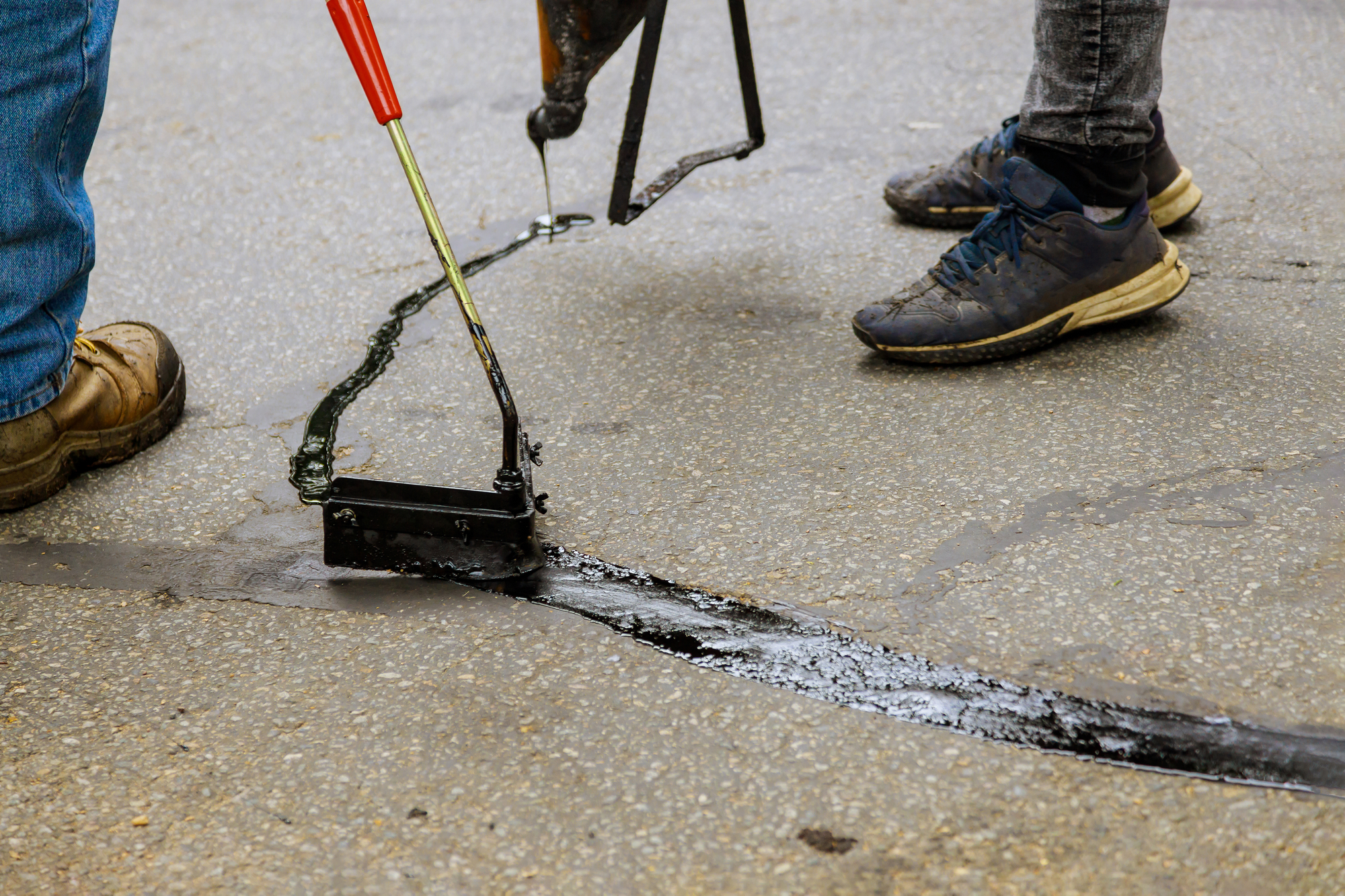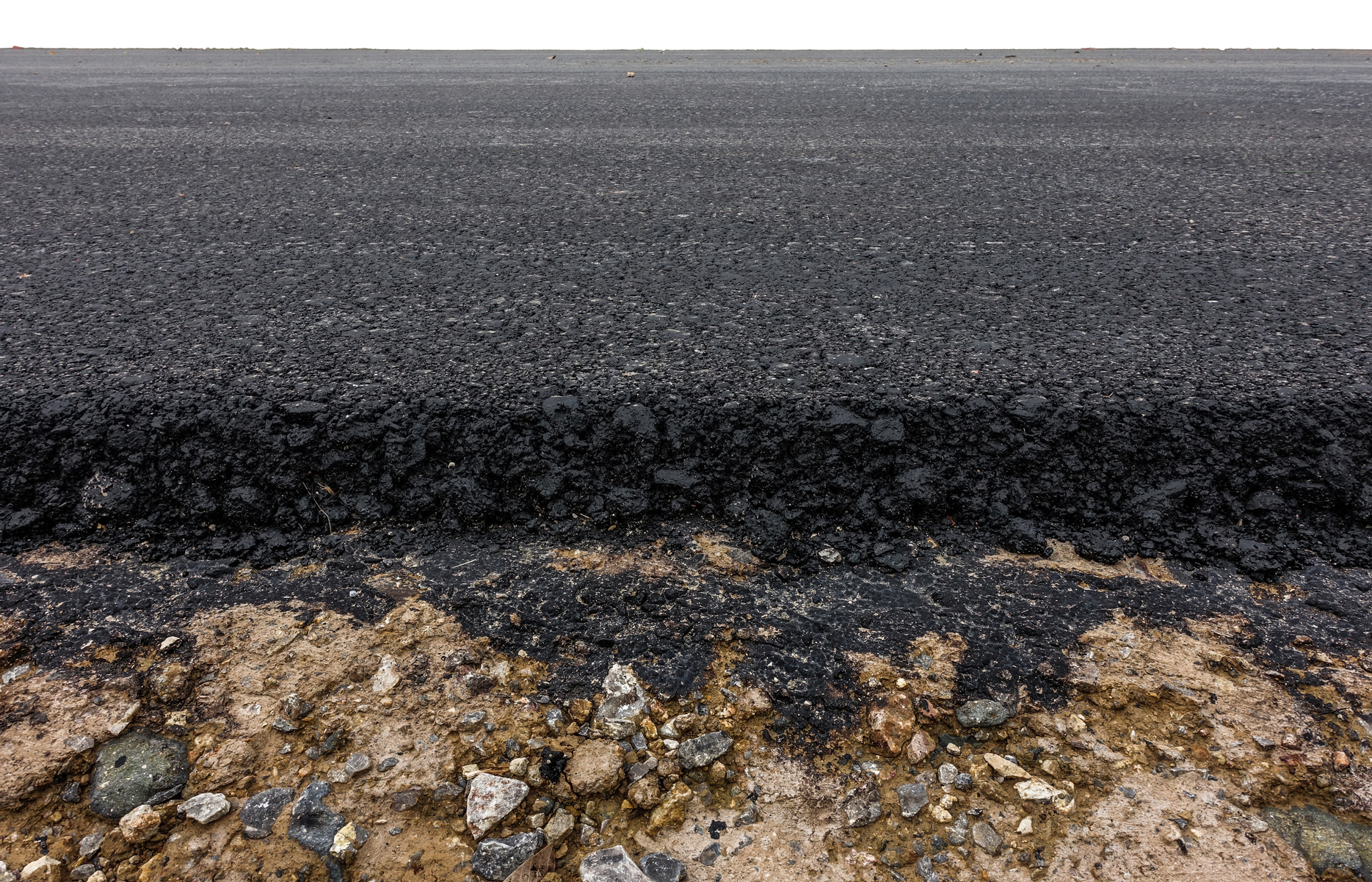The impact of temperature change on asphalt
1 September 2022
We know that the Quebec climate is harsh and can have a significant impact on your asphalt. Indeed, periods of freezing, thawing and water infiltration are all factors that can influence the integrity of your asphalt. It’s only natural to wonder what tangible impacts the temperature change has on your driveway. The following article will give you information on the subject.
Freeze and thaw cycles
In the middle of the cold season, freezing and thawing cycles are one of the major causes of cracks in your paving. Significant temperature changes impact the asphalt by increasing the risk of cracks forming or weakening the surfaces. Another consequence of these temperature variations is water infiltration caused by melting snow or heavy rain. Indeed, if water infiltrates and then expands to solidify due to frost, it will cause pressure on the asphalt and you may see cracks appear. A small crack can quickly widen, and at some point the damage will no longer repair itself by filling the cavities. You will then have to undertake a complete renovation of your entrance. It is therefore very important to take the necessary measures to prevent early damage to your asphalt.
The impacts of high heat
Just as the cold can have a negative impact on your asphalt, heat waves can also weaken your surfaces. Indeed, asphalt becomes more malleable under the influence of heat and may even begin to melt. Again, the induced pressure can become so sustained that large cracks can form in the asphalt. Bitumen is what gives asphalt elasticity and it is vulnerable to UV rays. These create an oxidation reaction of the bitumen which leads to a hardening and at the same time a loss of elasticity. Aggregates and sand bound by bitumen when oxidized then begin to disintegrate and cracks appear. Cracks obviously let water penetrate under the surface and again, this situation can cause major breakage.
Protect your entrance from the weather
It is recommended to apply an asphalt sealer every 2 or 3 years maximum. This step will keep your driveway looking new longer while increasing the longevity of your driveway. The sealant acts as a kind of sealing and protective shield.
In any case, do not hesitate to contact professionals in order to put everything in place to improve the longevity of your asphalt. There are several solutions to protect your driveway against bad weather and temperature changes. The professionals will be happy to answer all your questions and will offer you a plan adapted to your needs in order to sustain your investment.



